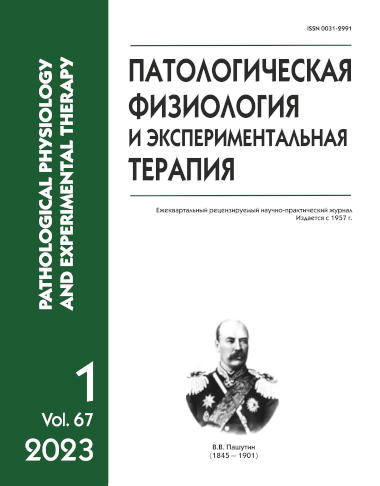Moderate bacteriophages: the secret weapon of bacteria or their Achilles heel?
Abstract
In recent decades, active interest in phage therapy has revived, largely due to the limited possibilities of antibiotic therapy, as well as due to the emergence of data on the immunomodulatory effect of phages resulting from their direct interaction with human immune cells. Studying the intestinal microbiome has shown an incredible species richness of moderate bacteriophages and their important role in regulating the abundance and metabolic activity of human microbiomes. Of particular interest is the use of controlled induction (activation) of profages for the treatment of inflammatory diseases caused by bacteria. Currently, the scientific basis for implementing this approach into medical practice is poorly developed, and concerns remain about uncontrolled transfer of pathogenicity and antibiotic resistance genes. However, the prospects of using the regulatory capabilities of moderate bacteriophages for the treatment of chronic inflammatory diseases or dysbiotic disorders in the human body seem real, especially taking into account the possibilities of molecular genetic modification of moderate phages.






